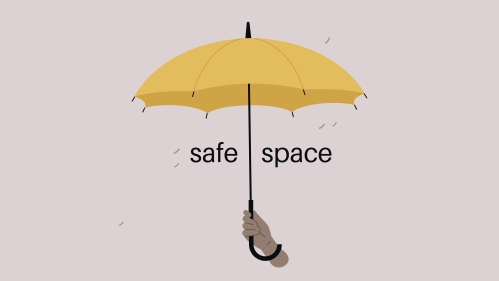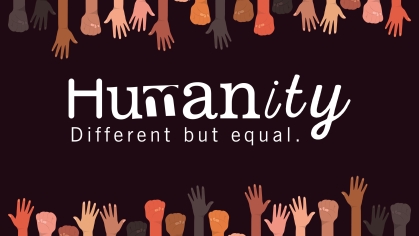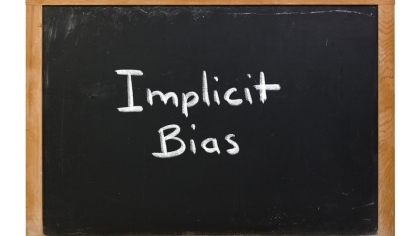This month’s conversation topic is team psychological safety. The idea of psychological safety was developed by Dr. Amy Edmondson and is defined as “a shared belief held by members of a team that it’s OK to take risks, to express their ideas and concerns, to speak up with questions, and to admit mistakes — all without fear of negative consequences.” Creating an environment of psychological safety is an essential part of moving our DEI work forward. In his book “The 4 Stages of Psychological Safety: Defining the Path to Inclusion and Innovation,” Dr. Timothy R. Clark outlines the four stages: inclusion safety, which is essential to connecting and belonging; learner safety as a sense of feeling safe to engage in all aspects of the learning process; contributor safety as feeling safe to participate as a full member of a group, and challengers safety, which provides the support and confidence needed to ask challenging questions. This month, I hope everyone will take some time to reflect on the spaces where they feel psychologically safe, and the places you do not. Reflect on the groups of people who might feel safer in those spaces, and those who may not. How can we each support the creation or further development of psychologically safe spaces including our classrooms, clinics and meeting spaces? How can we support each other? Engaging in these vital conversations and reflections are how we can all help build a better GSAPP.




